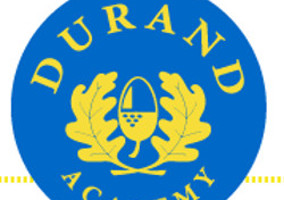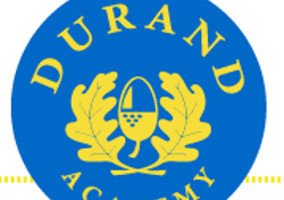The Charity Commission has concluded its inquiry into the Durand Educational Trust, where concerns had previously been raised over potential conflicts of interests over the business interests if its head teacher.
The inquiry report published by the regulator found that trustees did “not fully discharge their duties and responsibilities as charity trustees, partly because they did not distinguish between the charity and other legally separate entities connected to Durand Academy”.
It said that conflicts of interests were not correctly identified, and found that “trustees were unable to demonstrate to the inquiry’s satisfaction that the level of remuneration to a service company owned by the then executive head teacher was ‘reasonable in all the circumstances’.”
An investigation had been opened into the Durand Education Trust (DET), a charity which holds the land on which the Durand Academy operates.
The Commission has been engaging with the charity since 2014, and had identified regulatory concerns, including the potential lack of separation in governance terms between DET and the Durand Academy Trust (DAT), which is itself an exempt charity, which runs the school and is accountable to the Education Funding Agency.
The statutory inquiry, which was first opened in February 2015, examined the governance of the charity and trustee decision making, in particular relating to a contract awarded in 2012 to a service company owned by the then executive head teacher of Durand Academy.
The contract involved accommodation and leisure facilities on land held by the DET. The then executive head teacher, Sir Greg Martin, was also a trustee of DET and DAT at the time the contract was awarded.
Commission recognises head teacher’s ‘vision’
However, the Commission said it recognised “the vision and drive the former executive head teacher had in both the development of the school sites and the generation of additional income to support the school’s activities”. It said that pupils benefitted from the direct use of enhanced facilities, as well as approximately £3.7m of additional finances which had been gifted from trading activities since 1997 to support the school’s activities.
However, it added that the Commission considered that these arrangements with a “single provider have resulted in a business continuity risk that has not yet been addressed by the charity”.
The Commission said it is pleased that DET has agreed that it needs to take further steps to improve its governance, and said it has issued DET with an action plan and will monitor the charity to ensure that these actions are implemented.
Michelle Russell, director of investigations monitoring and enforcement at the Charity Commission, said: “This case is a reminder of the importance of trustees being aware of their duties and responsibilities when making decisions and the need for clear governance processes to be in place.
“Where there is a complex arrangement of interconnected bodies, the risk of conflict of interests needs to be recognised, addressed and subsequently monitored by the charity and its trustees.”
‘Disappointed and confused’
However, in a statement published online former head teacher Sir Greg Martin said that he “disappointed and confused” by aspects of the Commission’s investigation, and blamed the regulators, including the EFA, for giving them misleading information.
He said: “I am puzzled and bemused that after a two year forensic investigation conducted by ten investigators, the Charity Commission has failed to address the pivotal role of the Education Funding Agency and failed to address the fact that the trustees of DET, as lay people, should have been able to rely upon the role, advice and oversight of the EFA as regulators. In this they have been let down.”
Martin continued: “The trustees of DET are lay people who should have been able to rely on the EFA as regulators and whenever there has been a decision to make they have always sought appropriate legal advice and followed it, always acting in good faith. It is disappointing that this has not been recognised by the Charity Commission.
“It is a fact that the regulators gave wrong and misleading advice which the trustees, as lay people, had a right to believe was correct advice. It was not. The EFA, in particular, were pivotal in sowing the seeds of confusion. I’m disappointed there is no mention of these failures by the regulators. Instead the report prefers to blame the lay people who acted in good faith. Can this be either just, or fair?”
In a seperate statement, the Durand Education Trust said it welcomed the report, but said: "The trustees, past and present, find it difficult to understand how they could be accused of not fully discharging their duties and responsibilities as charity trustees given they faithfully followed the regulators advice and legal advice. The trustees wonder what more they could possibly have done. It would be fairer to say that the trustees of DET were denied the opportunity to run the procurement exercise because of the wrong and misleading advice given by the EFA."
"Given that both regulators failed to give proper advice and misled the trustees over a period of years, the trustees cannot understand why they were blamed for the problems this misdirection and poor advice created."
Related articles










